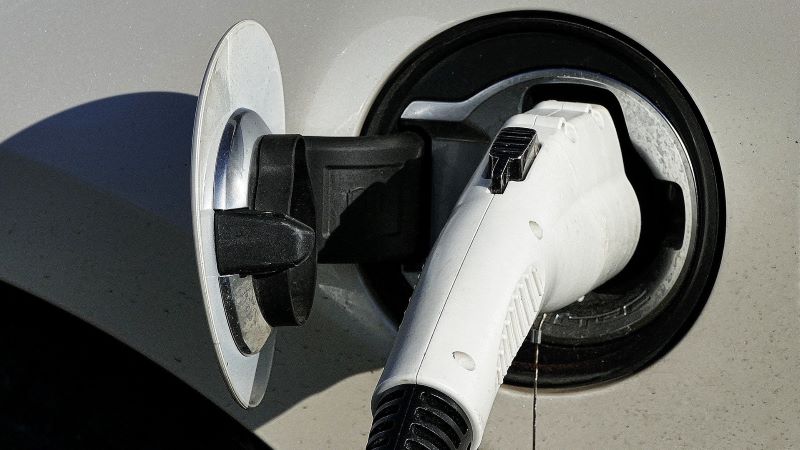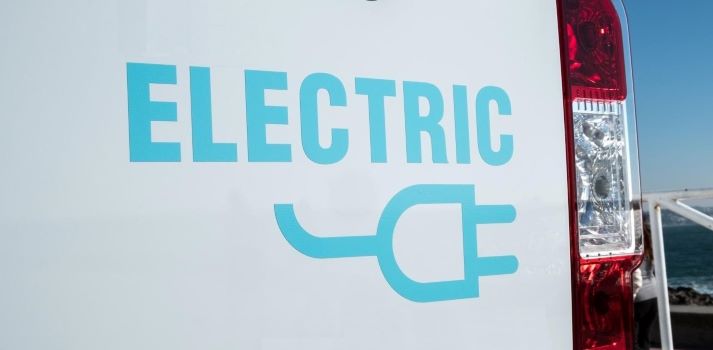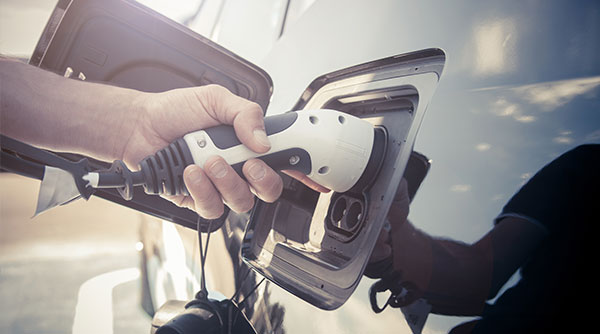The German Association of the Automotive Industry (VDA) and the Association of International Motor Vehicle Manufacturers (VDIK) are critical of the stricter requirements for plug-in hybrid vehicles (PHEV) planned with the extension of the innovation premium. As has become known, the Federal Ministry of Economics and Technology has proposed in a new funding guideline that, as of 01 October 2022, corresponding plug-in hybrid vehicles will only be eligible for the environmental bonus if they have a minimum purely electric range of at least 60 kilometers. The previously additional criterion of maximum CO2 emissions of 50g/km is to be dropped and the minimum range increased to 80 kilometers as early as January 01, 2024.
“We welcome in principle the extension of the innovation premium. But the planned elimination of the CO2 criterion will slow down the ramp-up of electromobility in the short to medium term. A large number of previously eligible plug-in hybrids will become less attractive to customers. They may then opt for a vehicle with a conventional drive system, which cannot be politically desirable. The technical challenge of increasing the minimum range to 80 kilometers can be solved by the automotive industry in the medium term. But here, too, the industry needs planning certainty, which is why we are calling for the deadline of early 2025 to be kept,” says VDA President Hildegard Müller.
VDIK President Reinhard Zirpel commented: “As things stand, this would mean that about 50 percent of the plug-in hybrids offered by VDIK members would no longer be eligible for subsidies. Especially in the market ramp-up of electromobility, this is the wrong signal. Even smaller and thus less expensive vehicles are affected by these stricter requirements.”
The tightening in the form of increasing the all-electric minimum range to 80 km as of January 01, 2024 was previously planned for a year later. This cut also contradicts the planning security that is important for the automotive industry. For many vehicles, compliance with this requirement is planned in conjunction with a model change, which cannot be brought forward by a year at will. With their flexibility, plug-in hybrids in particular represent an important building block in the success of electromobility. In the first half of 2021 alone, plug-in hybrids accounted for more than 50 percent of newly registered vehicles with electric drives.
Currently, electric plug-in hybrids are subsidized if they do not emit more than 50 grams of CO2 per kilometer driven or must achieve a minimum range using only electric drive. Current regulations stipulate that this minimum range is 40 kilometers if purchased by December 31, 2021. For purchases after December 31, 2021 and before January 1, 2025, the minimum range will increase to 60 kilometers, and for purchases after January 1, 2025, it will then increase to 80 kilometers in order to remain eligible.
Contact
Moritz Krause
Spokesman VDA Technology and Innovation
Verband der Automobilindustrie e.V.
Mobil: 0175 3260991
E-Mail: Moritz.krause@vda.de
Peter Mair
Head of Politics/Communication/Press
Verband der Internationalen Kraftfahrzeughersteller e.V.
Mobil: 0179 4819 575
E-Mail: mair@vdik.de





